The Hungarian government has had to deal with several crises in recent years. Currently, the Danube flood waters are putting Hungary to the test, but at Thursday's Flood Info, Prime Minister Viktor Orban said, "Hungary has learned and mastered the profession of protection during previous floods, the professionals in the field as well as the volunteers know exactly what to do and how to do it."
The Country Mastered How to Protect Itself
Although the current flooding along the Danube is posing an enormous challenge for Hungary, the country has considerable experience in dealing with crisis situations. Eleven years ago, the Danube floods also required a lot of hard work from both Hungarians and the government. And over the decades, the Tisza flood of 2000, the red sludge disaster, the migration crisis, the coronavirus epidemic and the outbreak of the Russian-Ukrainian war have all created crises that our country has successfully addressed.
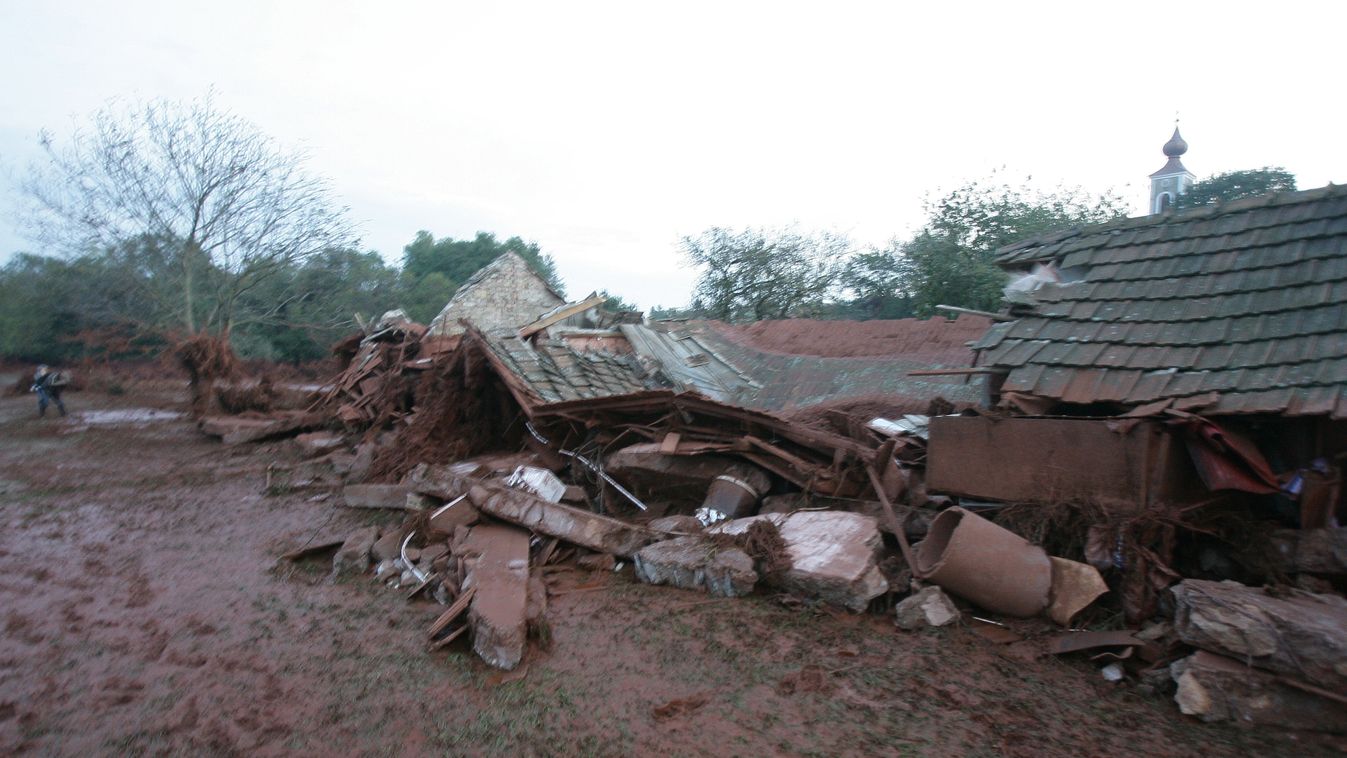
Back in 2013, the Danube flood also caused problems, which Hungary managed to overcome successfully, as there were no fatalities in our country during the record flooding. The river's highest water levels measured at Dunaujvaros was 755 centimeters, 721 at Dunafoldvar and 891 centimeters at Paks, all three record highs. In Budapest, from the evening of June 9 until dawn on June 10, the water level stood at 891 centimeters during an eight-hour peak, measuring 31 centimeters higher than the previous record set in 2006. In Hungary's protection operation, 10 179 046 sandbags were used, containing more than 242 500 cubic meters of sand.
Joining forces is key
As in 2013, PM Orban personally monitored the flood protection on the ground and regularly provided the public with the latest flood protection information. Eleven years ago, the government decided to declare a state of emergency days before the flood arrived, and the PM later reported that the Hungary had shown a confident and proactive image during the floods.
To avert the threat, three things are indispensable: cooperation, good organization and expertise,
he stated.
További IN ENGLISH híreink
In light of the current flooding, the Fidesz-Christian Democrats (KDNP) parliamentary group postponed their meeting in Esztergom, just as during the 2013 floods, the governing parties also did not hesitate to postpone significant events, such as rescheduling the planned June Fidesz party congress for the fall.
Prompt action
However, the 2013 Danube flood was not the only one that the Viktor Orban-led government has had to contend with, as record floods swept along the Tisza River in 2000. Twenty-four years ago, the prime minister traveled to Szolnok to manage the flood protection efforts on location. As he did during the current Danube flooding, the PM had cancelled several of his engagements during the 2000 Tisza crisis in order to personally visit the areas under threat all the way down to Szeged near the southern border.
Not long after the formation of the second Orban government, a very different kind of disaster had to be faced: the red sludge disaster of October 4, 2010. This claimed ten lives, spread the highly alkaline, corrosive industrial waste over an area of about 40 square kilometers, causing incalculable economic and ecological damage in the Devecser sub-region.
Viktor Orban was quick to act: in his pre-agenda speech before the National assembly on October 11, 2010 he announced that the authorities had arrested the CEO of Mal Zrt., the company that caused the trouble, and that the company would be brought under state control. The Parliament then passed a law called Lex Mal, which, as an amendment to the Defense Act, allowed the state to take over the management of private companies in disaster situations, Mal Zrt. being the first. Reconstruction began almost immediately, with the coordinated work in the affected municipalities of nearly 1 200 people between January 30 and June 30, 2011 to construct new homes, which were ready for occupation by their owners in July 2011.
Era of Danger
The migration crisis of 2015 presented a different kind of challenge, as the European Union faced hundreds of thousands of illegal immigrants arriving in the EU from one month to the next. As early as June 2015, the Hungarian government was already considering tackling the influx of illegal migrants from Serbia by establishing a border barrier, as well as other legal instruments to protect against the increased migratory pressure. This decision was taken on June 15, 2015, and the construction of a technical barrier along the southern border with Serbia was started.
Hungary successfully tackled the migration crisis, as well. The construction of a fence along the southern border and legislative changes have virtually hermetically sealed off the border to illegal immigrants. Despite this, Hungarian immigration policy measures continue to come under a barrage of attacks from Brussels.
Another challenge was the coronavirus epidemic in 2020, a crisis from which Hungary was one of the first countries to emerge. A successful vaccination program and the procurement of vaccines from the East were essential to achieve this, and in a short time millions of Hungarians had access to the vaccines that would provide protection. Next the outbreak of the Russian-Ukrainian war in February 2022 put Hungary to the test, and in response Viktor Orban made it clear from day one that it was in Hungary's national interest to stay out of this war. In addition to ensuring physical security and economic stability, the preservation of the achievements attained so far were also made necessary, in the wake of the misguided sanctions in Brussels, creating a war inflation situation and an energy emergency across the continent.
Cover photo: Red sludge covers the streets of Kolontar in Veszprem county, Hungary after the Hungarian Aluminium Production and Trading Ltd.'s (MAL Zrt.) reservoir near Ajka burst on October 4, 2010, releasing around one million cubic meters of toxic, corrosive red sludge (Photo: Mediaworks)
További IN ENGLISH híreink
Komment
Összesen 0 komment
A kommentek nem szerkesztett tartalmak, tartalmuk a szerzőjük álláspontját tükrözi. Mielőtt hozzászólna, kérjük, olvassa el a kommentszabályzatot.
A téma legfrissebb hírei
Tovább az összes cikkhez
National Side Cannot Be Blackmailed As Shown by Viktor Orban’s Combative Yet Optimistic Campaign Launch
Whoever bites us will break their teeth, PM Orban declared in Bekescsaba.

Cabinet Office Minister: Ukraine's Blackmail of Hungary Unacceptable
The greatest threat during the campaign is attempts at foreign interference, the minister says.

PM Orban Summons Two Key Ministers on Sunday
The Energy Security Council has been convened.

PM Orban Sends a Tough Message to Ukrainians: "Whoever Bites Us Will Get Their Teeth Knocked Out" + Video
Hungary cannot be blackmailed, Hungary's Prime Minister declared.
Ne maradjon le a Magyar Nemzet legjobb írásairól, olvassa őket minden nap!
- Iratkozzon fel hírlevelünkre
- Csatlakozzon hozzánk Facebookon és Twitteren
- Kövesse csatornáinkat Instagrammon, Videán, YouTube-on és RSS-en

Címoldalról ajánljuk
Tovább az összes cikkhez
National Side Cannot Be Blackmailed As Shown by Viktor Orban’s Combative Yet Optimistic Campaign Launch
Whoever bites us will break their teeth, PM Orban declared in Bekescsaba.

Cabinet Office Minister: Ukraine's Blackmail of Hungary Unacceptable
The greatest threat during the campaign is attempts at foreign interference, the minister says.

PM Orban Summons Two Key Ministers on Sunday
The Energy Security Council has been convened.

PM Orban Sends a Tough Message to Ukrainians: "Whoever Bites Us Will Get Their Teeth Knocked Out" + Video
Hungary cannot be blackmailed, Hungary's Prime Minister declared.
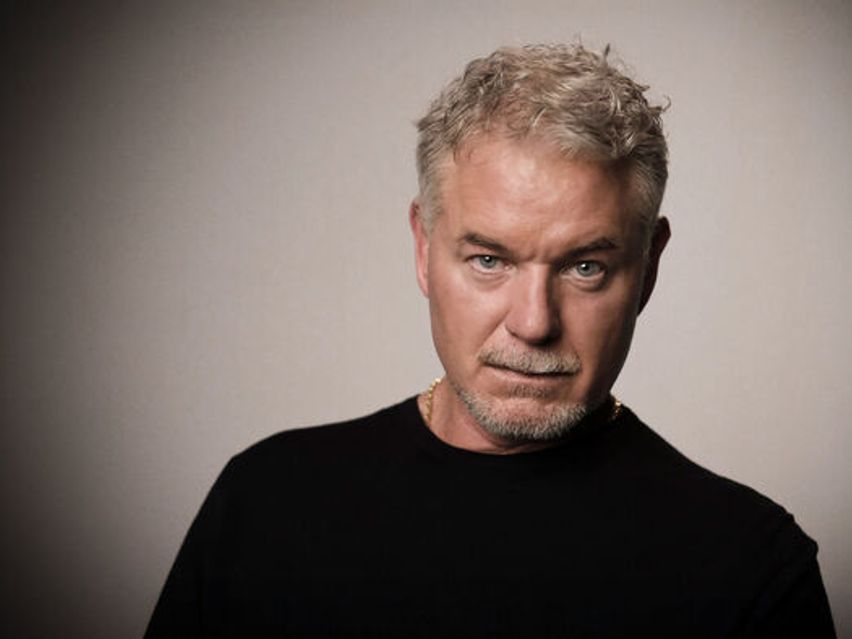


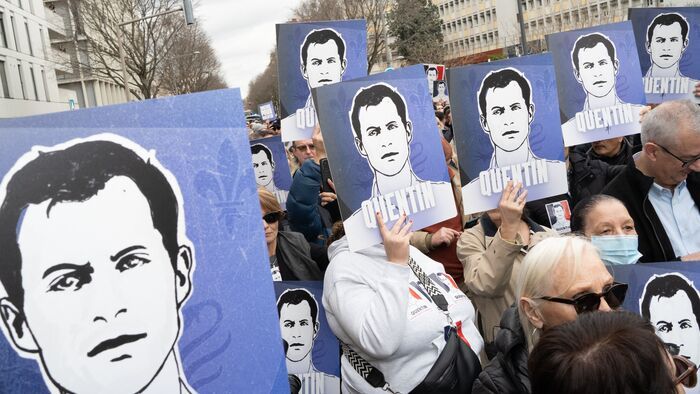

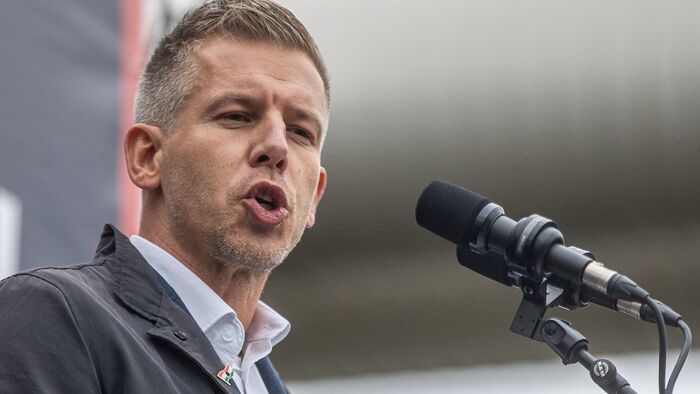

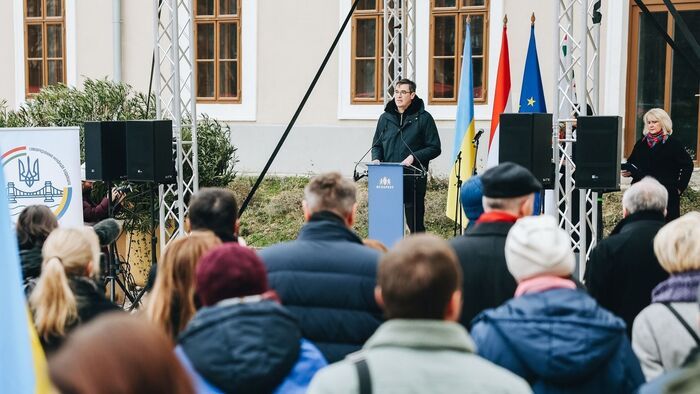
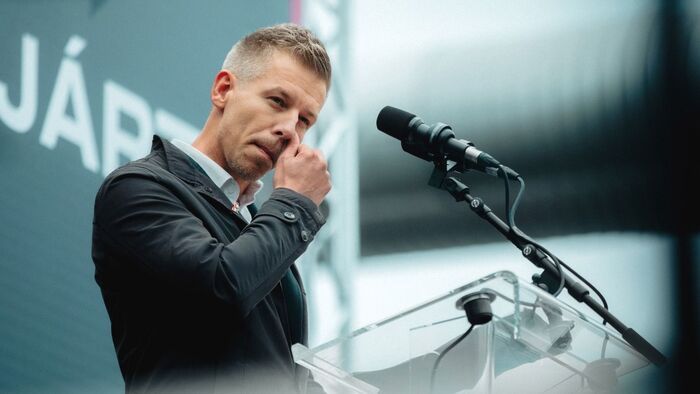
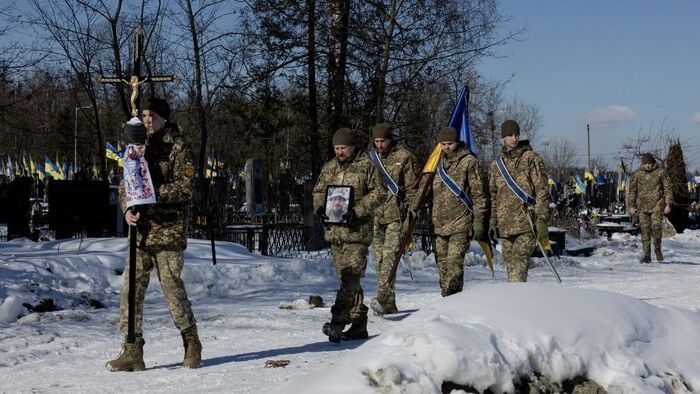
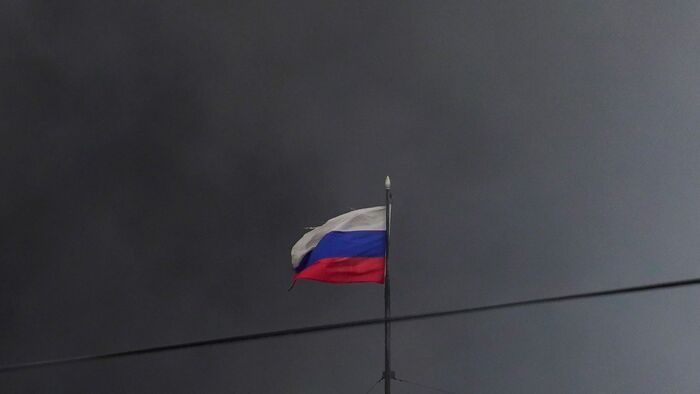
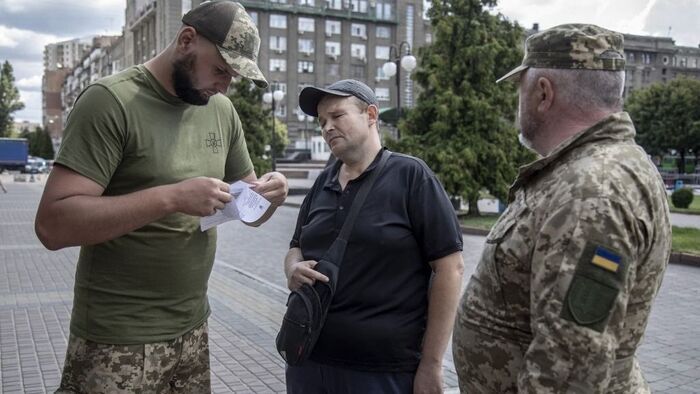





Szóljon hozzá!
Jelenleg csak a hozzászólások egy kis részét látja. Hozzászóláshoz és a további kommentek megtekintéséhez lépjen be, vagy regisztráljon!